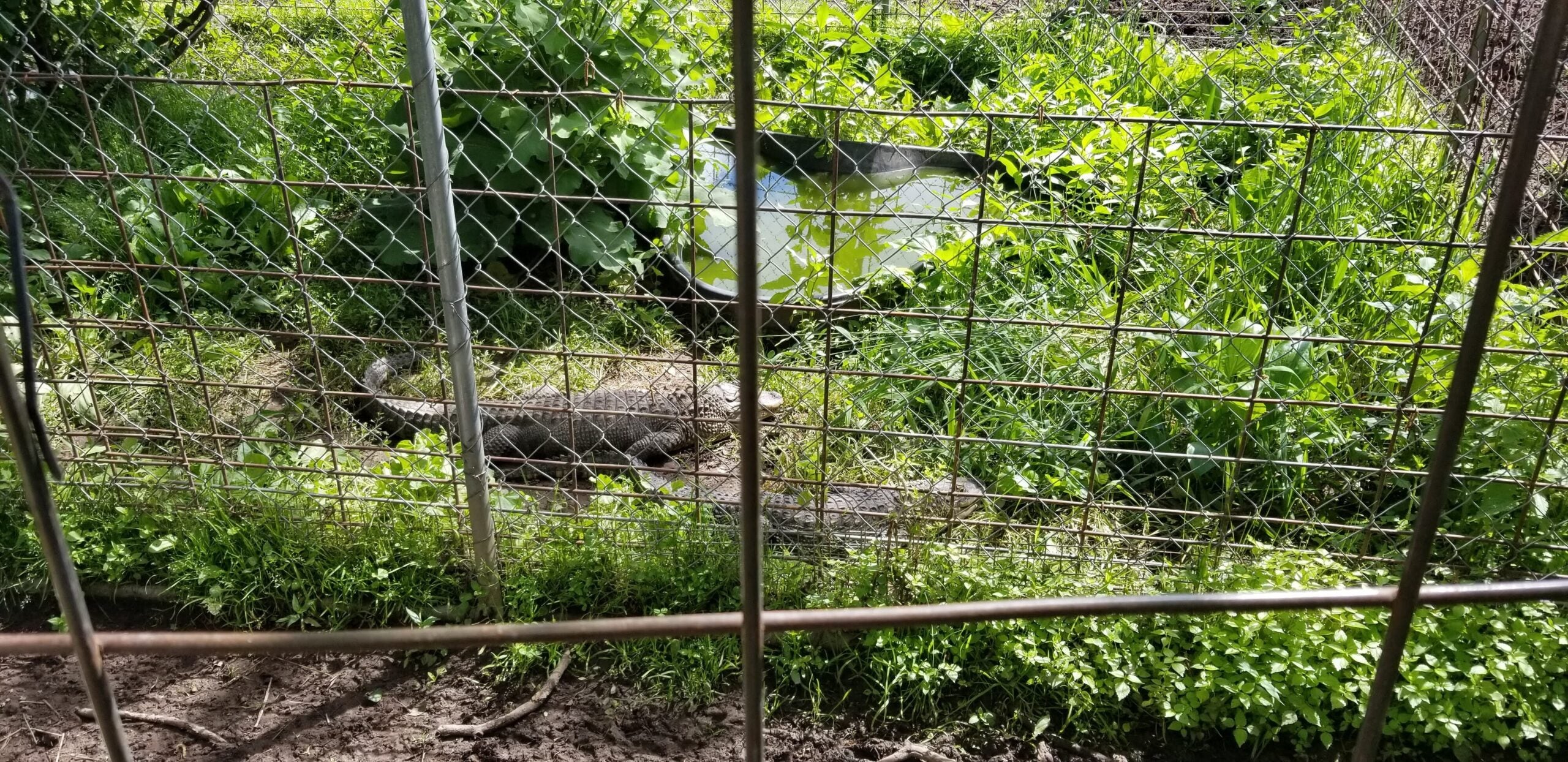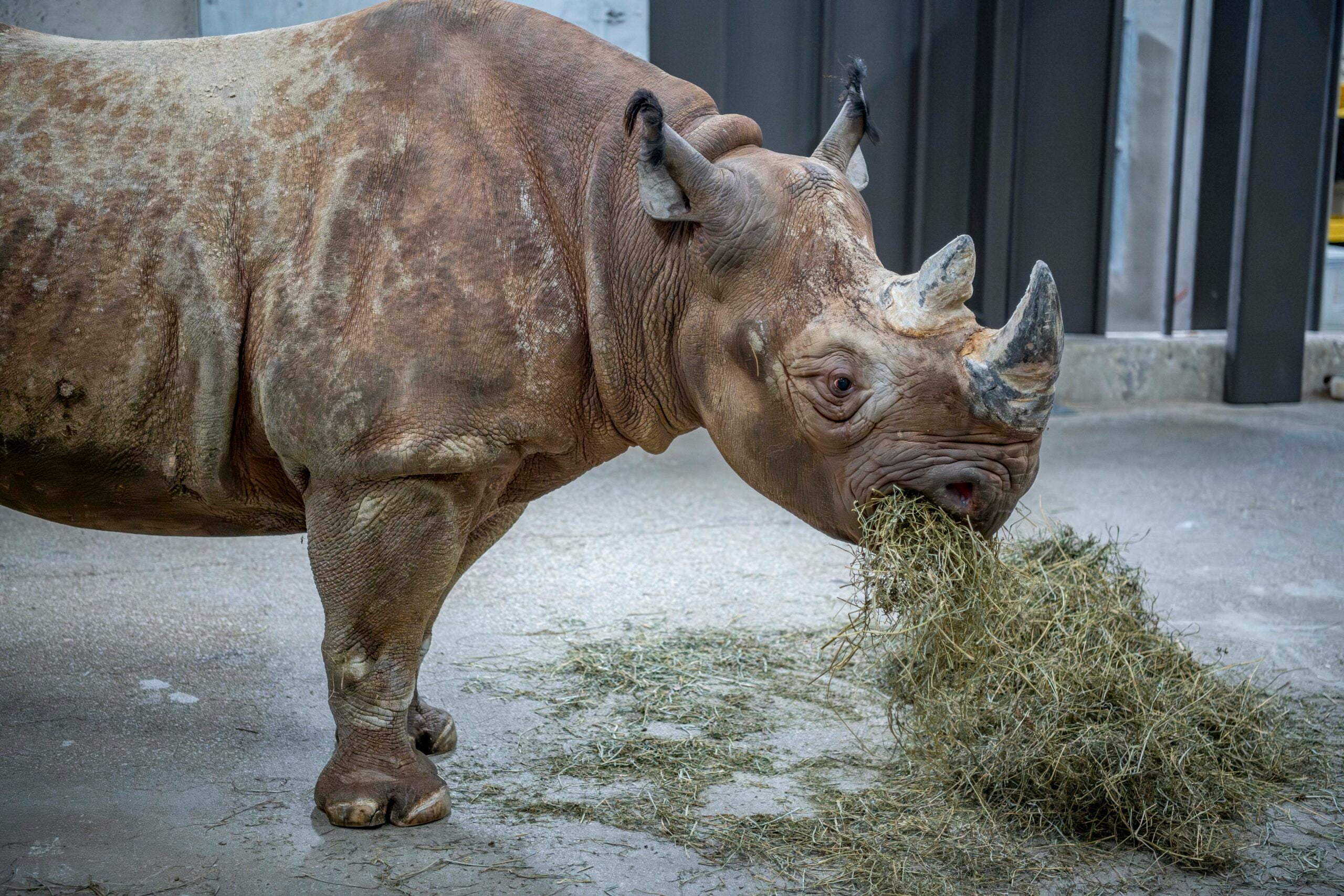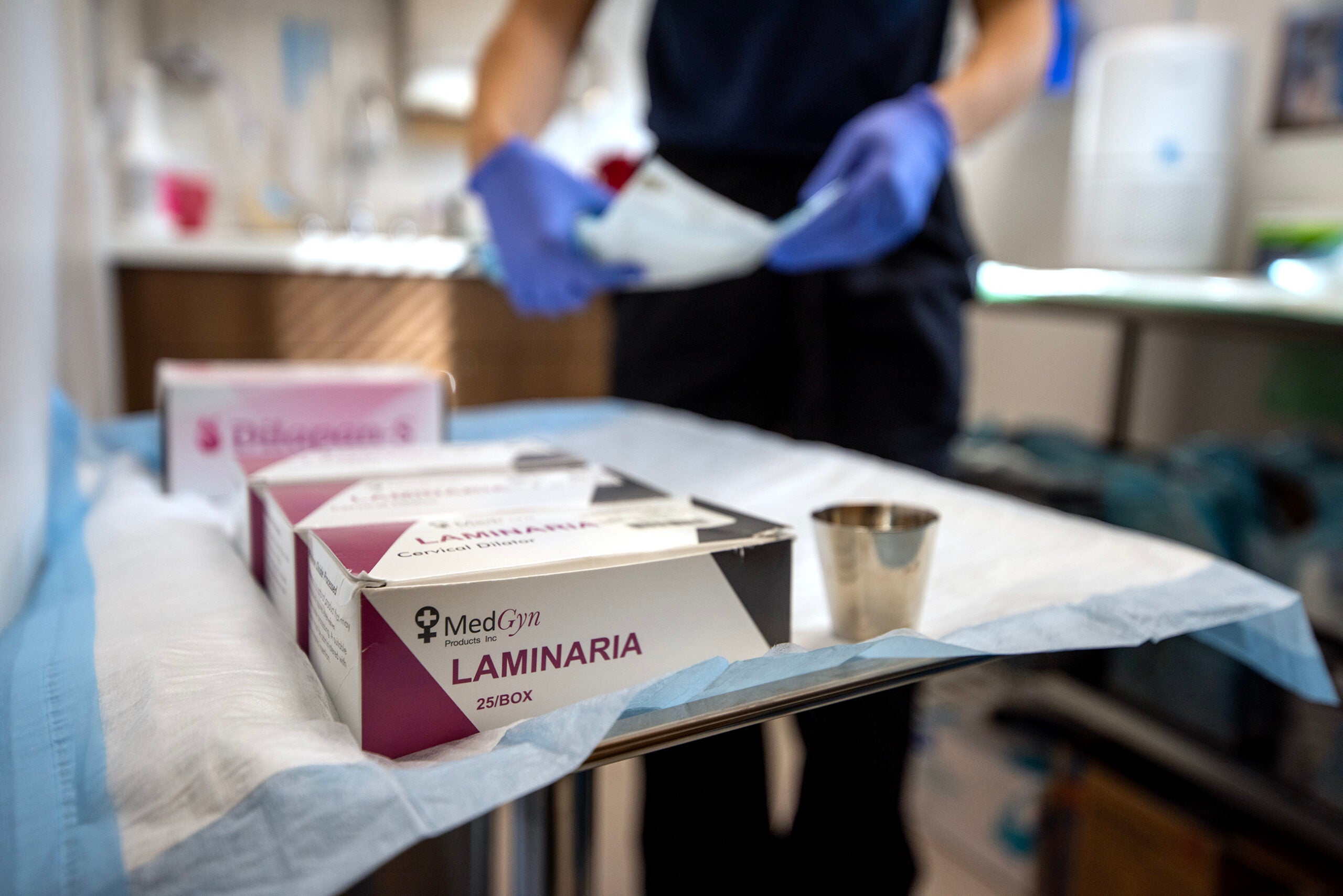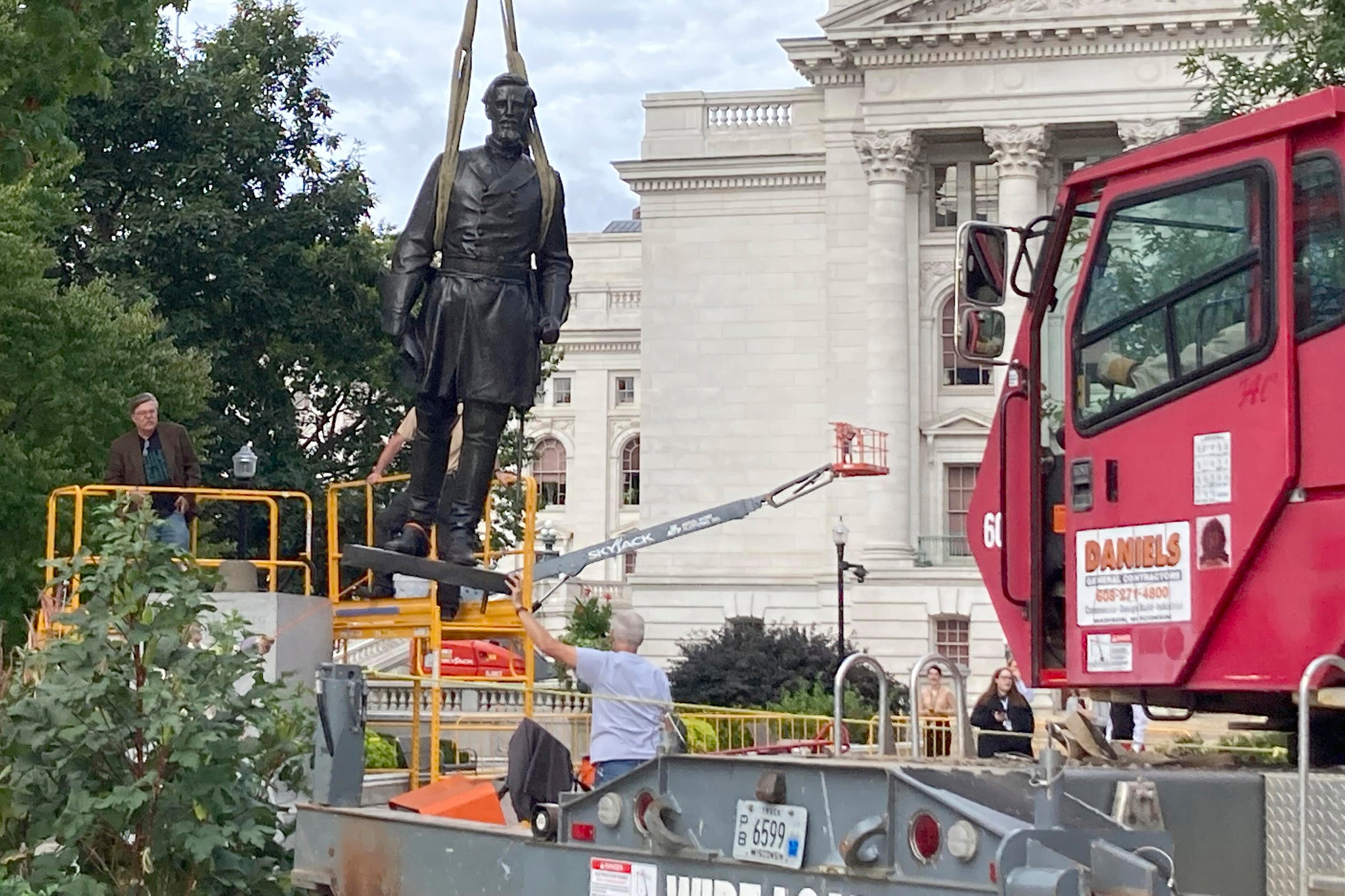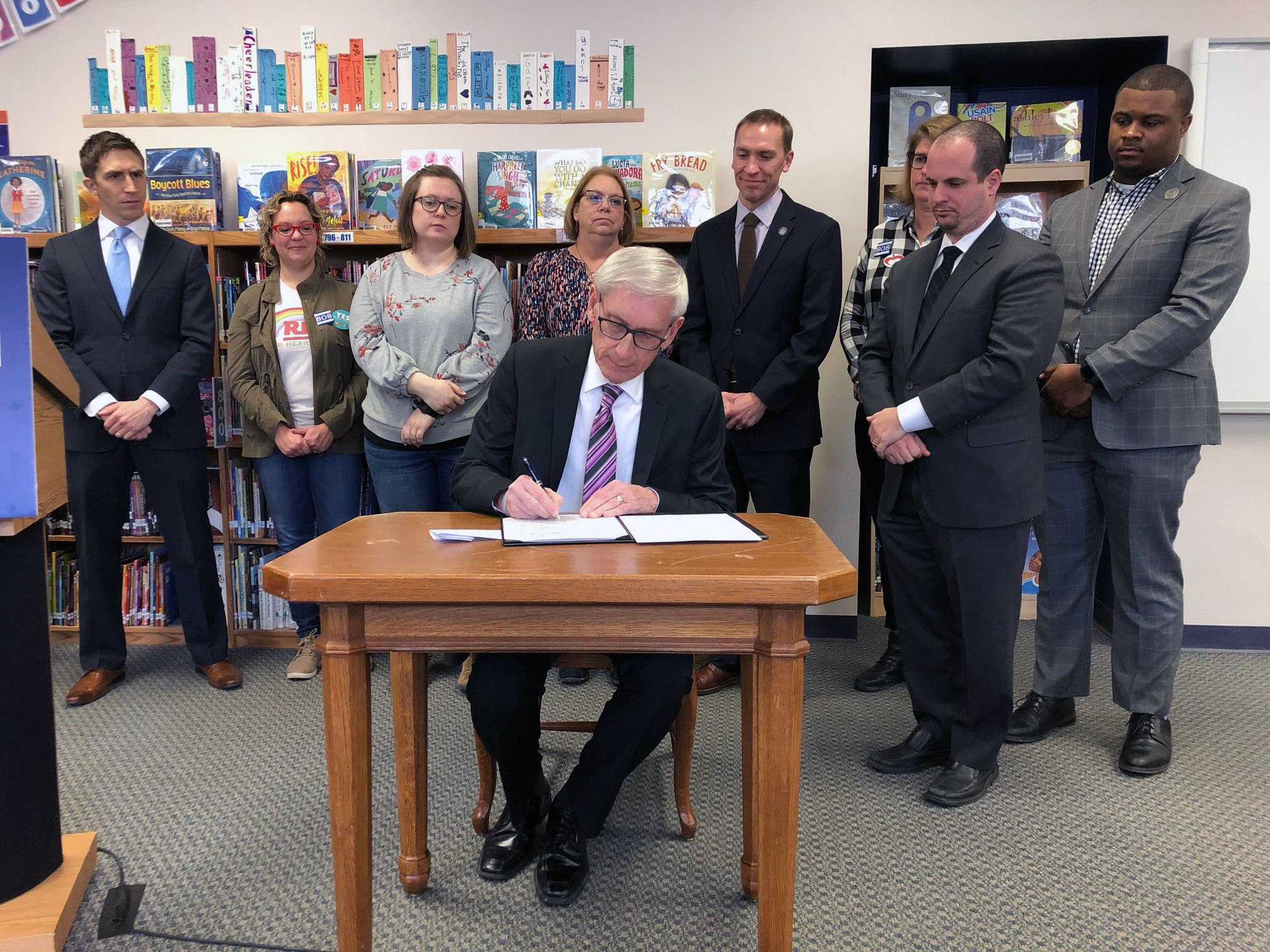Some Wisconsin roadside zoos could be subject to less regulation under a Republican-proposed bill passing through the state Legislature.
Animal rights groups have pushed back against the proposal, with the founder of an anti-wildlife trafficking group saying it would “leave this industry open up for abuse.”
Under the proposal, these kinds of roadside zoos would be exempt from state Department of Natural Resources licensing and record-keeping requirements. The bill’s authors say it’s a matter of creating parity between different types of zoos, rather than fostering competition between two different accreditation bodies.
News with a little more humanity
WPR’s “Wisconsin Today” newsletter keeps you connected to the state you love without feeling overwhelmed. No paywall. No agenda. No corporate filter.
Zoos accredited through the American Zoo and Aquarium Association, or AZA, already receive DNR licensing exemption. Zoos accredited through the Zoological Association of America do not. The Henry Vilas Zoo in Madison, the Milwaukee County Zoological Gardens, the International Crane Foundation in Baraboo, the Northeastern Wisconsin Zoo in Green Bay and the Racine Zoo are accredited through the AZA.
“It simply does not make sense for the state to require additional state licenses because it uses different accreditation,” said Sen. Van Wanggaard, R-Racine, at a Senate committee hearing last week. “This is a commonsense bill that will simplify our state licensing requirements and get the state of Wisconsin out of the business of picking winners and losers when it comes to zoos and aquariums.”
Some animal welfare groups argued that the solution to the disparate licensing requirements would be to subject all zoos to the same DNR requirements – rather than to exempt both.
“If creating a level playing field is truly the intent of this legislation, holding all facilities accountable to state oversight, regardless of accreditation status, would resolve the issue,” said Megan Nicholson, the director of the Wisconsin chapter of the Humane Society, in written testimony to the Senate committee.
Others opposed to the bill say that the different accreditation agencies apply different standards when it comes to animal health and wellbeing.
“Having personally worked at a roadside zoo, I witnessed the animal mistreatment that was commonplace,” said Bethanie Gengler, director of Roadside Zoo News, which advocates against those businesses.
In an interview with WPR, Steven Galster of the counter-trafficking organization Freeland, argued that loosening licensure requirements also establishes Wisconsin as a haven for wildlife trafficking.
“When you allow certain animals – exotic and wild animals – to be brought in…things that are not native to the state, strange things can happen,” he said. “Some of these species can escape and all of a sudden become a new native species. Some of them might bring a pathogen and unknown virus with them and pass it on to people or to livestock.”
Less-regulated and unregulated wildlife facilities can become “laundering mechanisms” for smuggled animals, he added.
Currently, the Wildwood Wildlife Park and Zoo in Minocqua is the only Wisconsin facility accredited through the Zoological Association of America. Judy Domaszek co-owns that facility and sits on the ZAA board. She said her business is family-owned and operated, and committed to educating the public and promoting animal welfare.
“We pride ourselves on the quality of our facility,” she said.
She said that all zoos are ultimately governed by the USDA, and that loosening the state DNR’s licensing requirements would not undermine federal oversight.
“The passage of the bill will not change this. What the bill before you will change is the disparity that currently exists with the state of Wisconsin between industries accredited by the AZA and ZAA.”
Many such businesses receive no accreditation at all. ZAA businesses say they are not trying to skirt oversight but are only trying to function on a level playing field.
The bill will go before a public hearing on Wednesday. It is not yet clear whether it will be introduced before the full Legislature later this year.
Wisconsin Public Radio, © Copyright 2026, Board of Regents of the University of Wisconsin System and Wisconsin Educational Communications Board.

